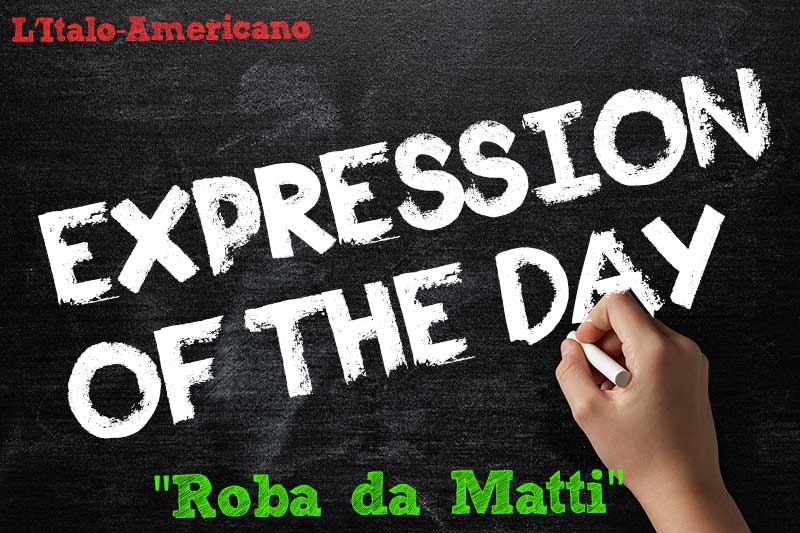Scusa (sk-oo-sah), is just as ubiquitous in the Italian language as its translation, “sorry,” is in English, and it is used in the exact same way.
Scusa is the second person singular of the word scusare, which means “to excuse, to apologize” and a noun that corresponds to the English “excuse, pretext.” So we have “scusa, devo andare” (Sorry, I’ve got to go), but also “la tua è solo una scusa” (yours is only an excuse).
In Italy, scusa is used continuously: we are mannerly, but we are also pretty good at getting out of difficult or unwanted situations using an excuse when necessary.
Take the sentence scusa, stasera non posso uscire perché ho mal di testa, “Sorry, I can’t go out tonight, I’ve a headache.” It puts togeether the two meanings of “scusa:” the apology and the excuse, because — as we all known— having a headache is the most common excuse to avoid doing something we don’t want to do.
Scusa, sono in ritardo. Non mi ero accorto dell’ora
Mi scusi signore, ha perso le chiavi!
Quante scuse! Sii più responsabile!
These are all excuses! Be more responsible!





























